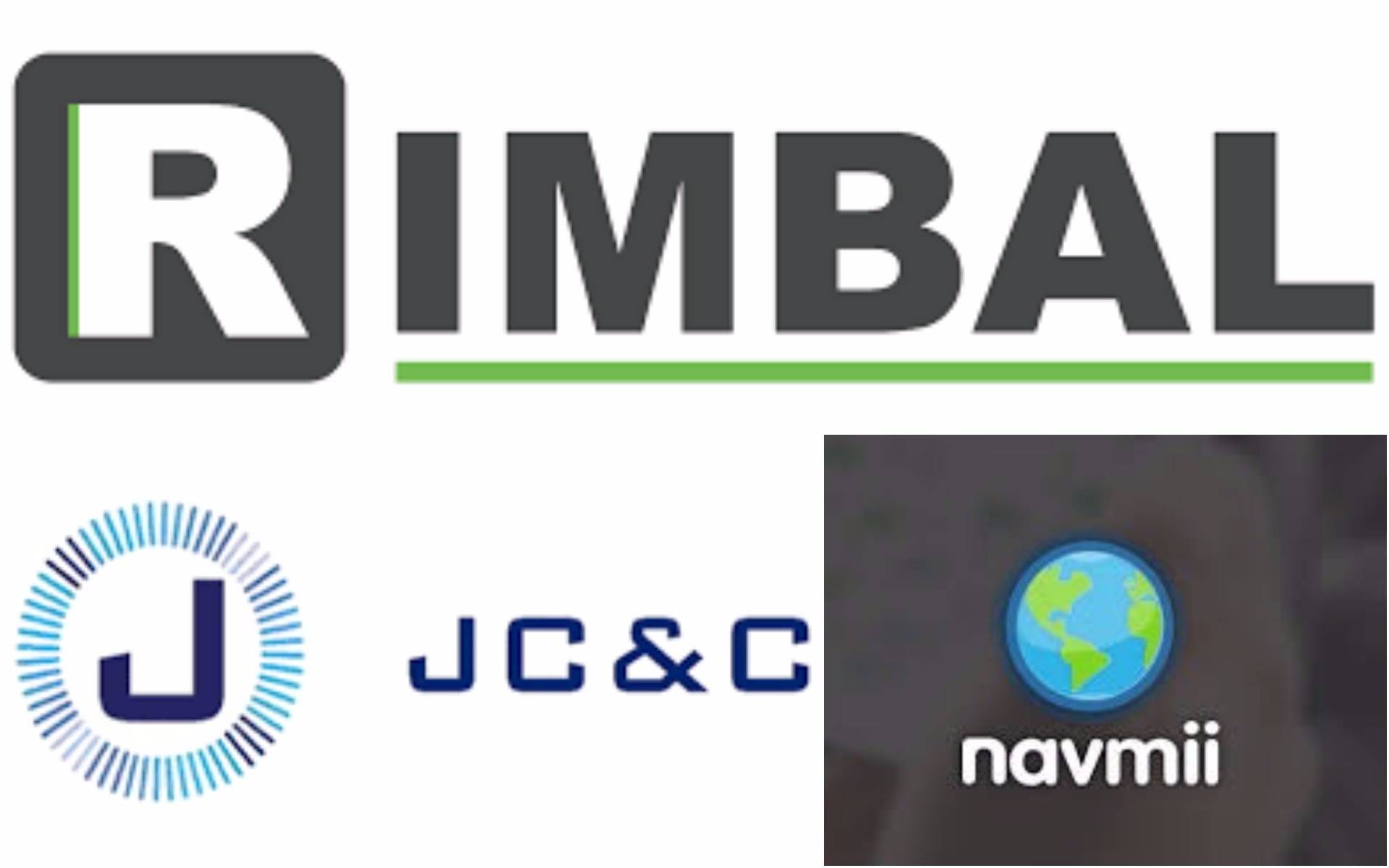Exclusive interview for SPINOFF.COM with Mr. John Newlands the Director of City One Securities, the London-based Boutique Private Equity House
City One Securities is a London-based corporate finance house that specialises in raising expansion finance for innovative small cap companies from private investors. It was specially established to meet the funding requirements of small to medium enterprises (SMEs) which rarely receive the securities from banks and other financial institutions. City One's mission is to financially support the quality entrepreneurial businesses at the number of different sectors including energy, med tech, healthcare, food and beverages, fashion etc., adding the significant value and providing investors with the best small cap private equity opportunities. Unlike crowdfunding websites, City One Securities takes a proactive approach to investment. Its highly professional team is dedicated to corporate clients and always available to present appropriate opportunities to enlightened investors as well as to the young phase spinoff companies.

S.O.C.: Dear Mr.John Newlands, thank you very much for dedicating your time to this interview. John, could you please elaborate on the story of City One Securities creation, your vast experience, that has led you to its creation and on the team?
Ok, I'll be brief. City One (Securities) actually goes back to 1991 and was originally called European Pacific Corporate Finance. It initially was a corporate finance house that did a lot of advisory work for companies on the Main Board and junior stock exchanges but wasn't involved in fundraising. I joined the company in 2008 and we started creating the distribution for small cap companies to raise funds by the sale of equity. So that changed the business model. The company has had a regulated continuous history for over 25 years now. We specialise in two things. First, small cap finance for early phase companies, usually under a package of tax incentives. You are maybe familiar with the Enterprise Investment Scheme ('EIS') or, since 2012, an enhanced version for startups: Seed EIS. This stimulates investment in the entrepreneurial economy by the way of offering the investments under a régime of tax benefits. For example, an investor in early phase company under SEIS can receive 50% by the way of Income Tax Relief and some more tax reliefs and benefits, including exemption or deferral of capital gains and no charges to profit as long as he/she holds the investment for 3 years. It's a very interesting series of tax benefits which aims to stimulate investment in the entrepreneurial economy and is a core business to raise money for early phase companies. There are few regulated companies like City One that do this.
We know that your company specialises in various areas of the Financial Services. Could you please describe to our partners what does your company specialize more specifically? What services does it provide and to whom?
In addition to the core activity, I also co-invented crowd funding but chose not apply that model, so we could say that City One always worked in a way similar to crowdfunding, but with much more emphasis on due diligence, sensible valuation criteria and, certainly, more appropriate assessment of prospective investors. When it comes to client onboarding we have to assess the prospective investor is suitable for the sort of high-risk opportunities we promote. As to the business model, we are moving more into the area of growth capital which is lower risk because the underlying business or the leadership team has proven the business case works, there may be the generation of revenue and they know what they are doing; that reduces the risk.

So we can say the company City One is the one of a kind in Britain that provides such professional services to the young companies. Am I right?
There are 2 or 3 authorised houses, but I think we are probably the leading player in this particular market. As all players at this market, we have successes and failures that are the nature of high-risk investments in this sector.
Dear John, please provide our partners with some bright examples and may be brief information on your latest issues and projects.
Certainly, we are a broad church; we are small but almost perfectly formed, sector agnostic and look at the number of different sectors including energy, med tech, healthcare, food and beverages, fashion etc. Two of our recent successes I think has come from the area of high technology. One is a company called Navmi, which now based in the Silicon Valley. Its product is a GPS navigation app called Navfree. It's the third-largest operator in the world with over 25 mln users, but its target is to generate over 100 mln users by the way of facility called 3d mapping. The more recent younger version is a company called JC&C Bowers, which is all about automotive technology. It's highly patented: it has around 139 intellectual property claims and defences filed, around 11 core patents. It is at the early stage but established itself rather well in China and it's about to secure some major investment from a Swiss source to develop its business model. So these are two high-tech versions. We have one more which is current: Rimbal Ltd. It's all to do with using technology to deliver cost-effective services and products to the IFA (Independent Financial Adviser) market. Rimbal has launched in Australia (in conjunction with Ablrate) a P2P lending platform and, in conjunction with Gear Invest, an online wealth management platform in the UK. A B2B equivalent of Nutmeg, if you will.

Thank you for such bright examples. We are giving the link to your website so our partners and spinoffers could see your company's big portfolio of such successful projects. As I know your company provides independent financial pieces of advice on risks and other issues before investing into business and gives financial due-diligence to the young small and medium-sized companies which are usually higher-risk. As we can see from your companies presentation video you work by special tax relief scheme so-called Enterprise Investment Schemes (EIS for short) and SEIS, that were introduced by the UK government. Does it work only in the UK and apply to the companies based in the UK? Does it work with the companies which would like to open their business in the UK?
Yes, correct, these schemes were introduced by the UK government and it can apply to those companies, which mind and management are based in the UK, but I would like to underline that activity could be elsewhere. For example, we are just working on financing mineral exploration project in Africa, but the mind and management are here in the UK and should be SEIS qualifying. If I may go back to what you said earlier, Anastasia, just to be absolutely clear, we never give advice to the prospective investors, we don't recommend, we are not stock brokers and we give advice only to corporate clients.

Could you please tell us which problem you might solve for the UK and international spinoff founders and their young companies. How in your opinion your company can be helpful for them?
I think I will summarise it into two words: Funding and Mentorship. So there are plenty of companies, either equity-based or debt based to drive financial solutions, and we are very much evangelistic about the entrepreneurial cause and providing alternative sources of finance in contrast to banks which don't typically lend to early phase companies as well as they have lots of restrictions to those who are looking for growth capital. But what we try to do is not only to add funding but also to add value. So we are trying to select investors who can provide some mentorship to the underlying companies, who totally understand the sector in which they are investing, which we usually put as a condition because most people do not invest in something they don't understand, particularly if it is risky. And sometimes we actually appoint good investors who are seasoned professionals with great experience in the particular field onto the boards of the investee in order to add that value.
From your experience which advice and warnings you might give spinoff founders of young companies in the sphere of your activity? What mistakes, in some cases even fatal, should they avoid?
The only warning advice from me is: look after your cash! Cash is King! So, we always encourage young companies to save their money for a rainy day. I never saw any company going bust because of over funding but I've seen quite a few who run out of cash and then it's too late. So they have to do everything possible to conserve cash, to generate cash. What we won't do is finance lifestyle businesses and we have lots of covenants which restrict potential investees from overspending on fixed costs. Overheads kill. Operating expenses are fine if they generate corresponding revenue and a margin, but if it's a naked fixed cost then it's a killer! So that would be our fundamental advice to the companies. Otherwise, we will support them and that goes back to the value point. We normally like to work with those companies where we understand their business model and can also introduce to them strategic partnerships and alliances in addition to simple cash; cash is great but you need a bit more, you need value as well, so we can say it's a dual proposition.
Thank you for such wise advises, and understanding that money is a critical issue for such rising companies, spinoff founders take into consideration all the expenses. One of the expected questions from them is whether they might receive a discount from your company and under which terms?
Discounts are usually applied when supply exceeds demand. With no arrogance, we are in huge demand because banks usually don't lend to the SME market or can't without onerous personal guarantees or real security. It is effective, it does raise money, but we don't tend to offer discounts. What we do is try to offer maximum value and we very rarely take on a company where we are not supremely confident that we can actually place its stock effectively and with good people who can provide a contribution to company development.

Yes, John and we can say that your vast experience and high professionalism is a great benefit and in such case a success factor for the young company that will use your services. Is there any other information that you would like to share with spinoff founders and our partners?
Something that comes to mind is that we are currently organising through various channels the means to support FDI (Foreign Direct Investment) programmes. In this country there is such a thing as Tier 1 (Entrepreneur) visas; this requires an investor, typically an overseas graduate, who would like to extend his or her stay in this country and would like to extend the visa. The source tends to be Chinese, Malaysian or Russian, etc. with funds investable in good qualifying companies. We also provide a service in connection with one of our clients as Rimbal, whereby we can customise an investment to the needs and requirements of the investor. We have ready-made made solutions as the companies that we promoting or we bespoke an SPV in order to suit. We saw your portfolio of spinoffs which are very promising and we would like to discuss in more depth with spinoffs in due-course on such opportunities. We think that there could be a very interesting demand from overseas typically graduates or investors.
Thank you, Mr. Newlands, so much for such inspiring words. SPINOFF.COM team would like to express our gratitude for the time you have dedicated to this interview. We really support our spinoffs the best way possible via existing partnerships and investors network which is rapidly growing. We are happy to have your high professional team of City One Securities among them and thank you for future support of our spinoffs.


